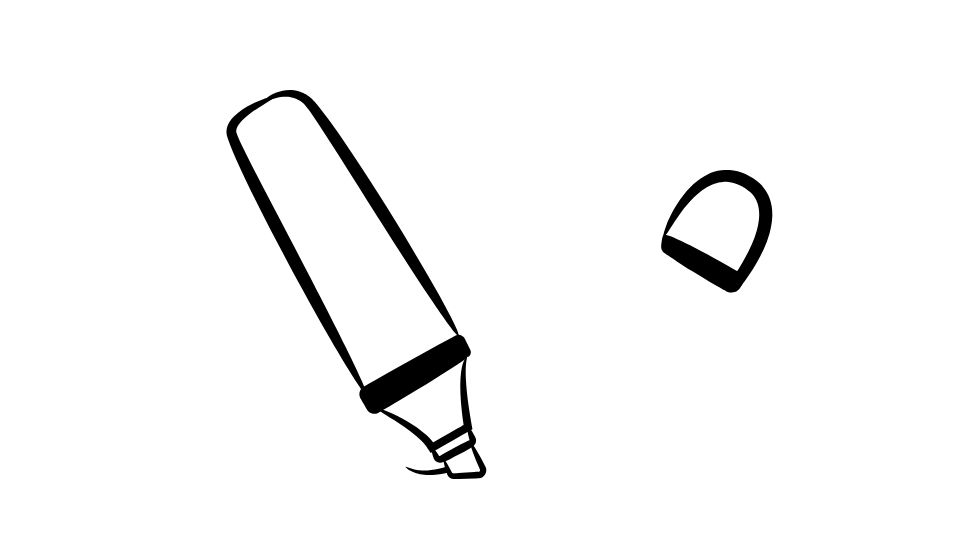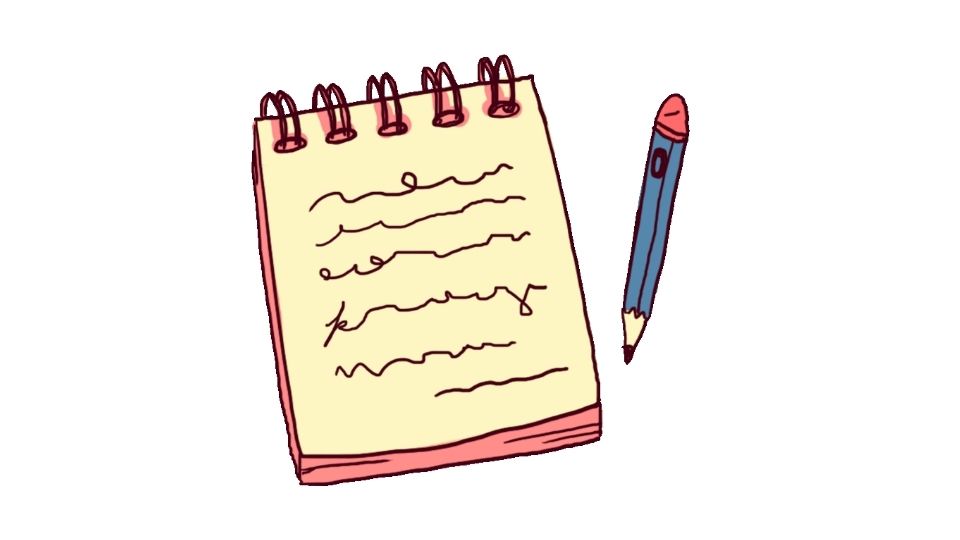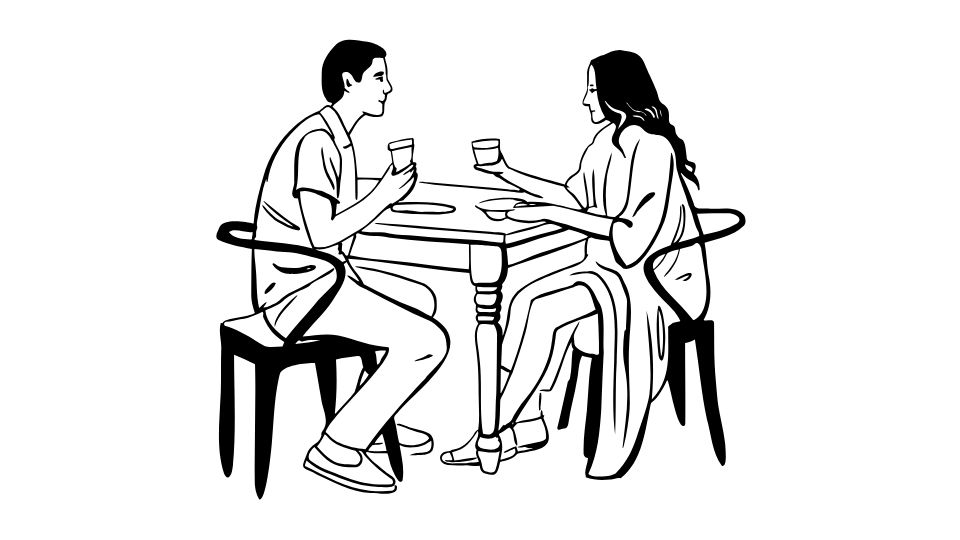Catchy and Inspiring Slogans About Suicide Awareness

Suicide prevention isn’t just about stopping the worst outcome – it’s about changing how we talk about mental health struggles and creating a world where people feel safe reaching out.
The right words can be incredibly powerful when someone’s going through a dark time. A simple slogan or quote can plant a seed of hope that grows into a reason to stay.
The Power of Words: How Suicide Prevention Slogans Save Lives
Let’s be real – talking about suicide isn’t easy. It’s uncomfortable. It’s scary. But it’s also absolutely necessary.
The language we use around suicide matters more than most people realize. The right words can:
- Break through isolation
- Reduce stigma
- Offer genuine hope
- Motivate someone to reach out
A good slogan isn’t just a catchy phrase – it’s a lifeline thrown to someone who feels like they’re drowning.
Slogans That Actually Help (Not Just Sound Good)

Not all suicide prevention messages are created equal. The best ones avoid clichés and connect on a human level. Here are some of the most powerful:
“Stay—You Are Enough!”
Simple but profound. When someone feels worthless, being reminded of their inherent value can be revolutionary. According to the American Foundation for Suicide Prevention, messages that affirm someone’s worth can counter the distorted thinking that often accompanies suicidal thoughts.
“Hope Wins—Hold On!”
This slogan acknowledges the struggle but reminds people that persistence pays off. It’s not toxic positivity – it’s an honest recognition that things can get better.
“Talk Saves Lives!”
This isn’t just a nice saying – it’s literally true. Research from the National Institute of Mental Health shows that talking about suicidal thoughts often reduces their intensity rather than increasing risk.
“You’re Not Alone—Reach Out!”
The feeling of isolation is one of the most dangerous aspects of suicidal thinking. This slogan directly challenges that.
“Break the Silence”
Secrecy feeds shame, and shame feeds suicidal thoughts. Breaking silence disrupts this cycle.
Some quotes that hit different:
“If you’re going through hell, keep going.” — Winston Churchill
Churchill wasn’t specifically talking about mental health, but damn if this doesn’t apply perfectly. The key insight: this feeling is something you’re moving through, not where you’ll stay forever.
“Every flower must grow through dirt.” — Unknown
I love this one because it acknowledges that growth often happens in the messiest, darkest places. Your struggle isn’t meaningless – it might be where your strength is growing.
“If you want to show me you love me, don’t say that you would die for me, instead stay alive for me.” — Unknown
This flips the script on the romantic notion of dying for someone and replaces it with the much harder – and more meaningful – act of living.
“It isn’t weak to ask for help. It’s like using a flashlight when you’re lost in the dark.” — Unknown
This analogy crushes the misconception that seeking help means you’re weak. It’s actually the smart, strategic move when you can’t see your way forward.
What Makes These Messages Work?

The most effective suicide prevention slogans share common themes:
1. They offer genuine hope (not toxic positivity)
There’s a big difference between “just be happy!” and “this pain won’t last forever.” Effective slogans acknowledge suffering while pointing toward possibility.
2. They combat isolation
Many people considering suicide believe they’re completely alone or a burden to others. Messages that challenge these distorted beliefs can be powerful lifelines.
3. They encourage action
The best slogans don’t just make people feel better momentarily – they inspire concrete steps, whether that’s reaching out to a friend or calling a crisis line.
4. They reduce stigma
By normalizing conversations about mental health struggles, these messages make it easier for people to ask for help before reaching crisis point.
How To Actually Use These Messages

Having great slogans isn’t enough – they need to reach the right people at the right time. The Crisis Text Line has found that strategic placement of supportive messages can significantly increase help-seeking behavior.
In schools: Displaying these messages in bathrooms (where students have privacy) often leads to more students reaching out for help.
On social media: Sharing these messages might reach someone who would never ask for help directly.
As personal reminders: Someone in recovery might use these phrases as phone backgrounds or journal mantras for tough days.
During awareness events: Using these slogans during events like World Suicide Prevention Day can start meaningful conversations.
Beyond Slogans: Creating Real Change

Words matter, but actions matter more. Slogans work best when they’re backed by:
- Accessible mental health resources
- Reduced stigma around treatment
- Communities willing to have uncomfortable conversations
- Recognition of risk factors like isolation, substance use, and previous attempts
According to the World Health Organization, comprehensive suicide prevention requires both individual support and systemic changes.
Words can save lives – not just by stopping someone in crisis, but by creating a culture where people get help long before reaching that point.
The next time you share a suicide prevention message, remember it’s not just a nice quote – it could be the exact words someone needs to hear to hold on one more day. And sometimes, one more day is enough to change everything.

